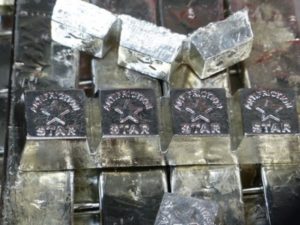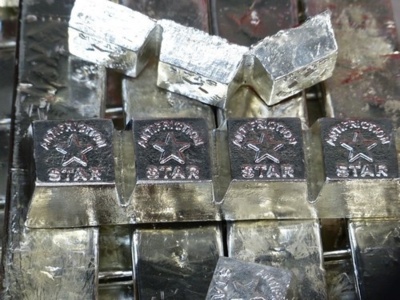 For many metal fabrication purposes, aluminium is relied up on for its versatility, strength, and often, its corrosion resistance – used in hundreds of applications right the way through from ship-building all the way to aerospace manufacture. However, certain procedures must be followed during the welding process to ensure proper application, for example, pre-cleaning procedures, careful control of heat input, and use of appropriate welding equipment. However, one of the most important considerations is the use of the proper filler metal.
For many metal fabrication purposes, aluminium is relied up on for its versatility, strength, and often, its corrosion resistance – used in hundreds of applications right the way through from ship-building all the way to aerospace manufacture. However, certain procedures must be followed during the welding process to ensure proper application, for example, pre-cleaning procedures, careful control of heat input, and use of appropriate welding equipment. However, one of the most important considerations is the use of the proper filler metal.
Aluminium alloys 4043 and 5356 are two of the most common filler metals and are available in wire form for GMAW (gas metal arc welding) and in cut-length filler rods for GTAW (gas tungsten arc welding) In more than 85 percent of aluminium applications, 4043 and 5356 filler metals are the appropriate alloys for the job. They also are the most readily available in the marketplace and the least expensive to purchase
One of the most reputable manufacturer, supplier and repairer of heat exchangers is Mataconcept, located in Chaponpost, just outside Lyon in the South-East of France. They now also provide a complete range of welding products including filler metals which are used in all kinds of industrial applications where aluminium-silicon based alloys need to be welded. For example:
- TIG rod : Filler metal, in rod form, for TIG welding (Tungsten Inert Gas) aluminium-silicon alloys.
- MIG wire : Filler metal, in wire form, for MIG welding (Metal Inert Gas) aluminium-silicon alloys. This process is in direct competition with the MMA welding. It is the most frequently used welding process in the 21st century.
- METALU rod : Non-corrosive, aluminium flux cored wire, in rod form, for flame brazing or welding aluminium-silicon, aluminium- copper and aluminium-brass alloys.
The Metaconcept Group also supplies pure tin ingot along with alloys in the form of various sized ingots and billets. The billets are vacuum cast in just one step and therefore offer the best quality price ratio on the market. Bars and flat bars are also available and are often easier to handle for small foundries. These products are mainly used for surface treatments, for manufacturing flat glass, silverware and white metal casting.
